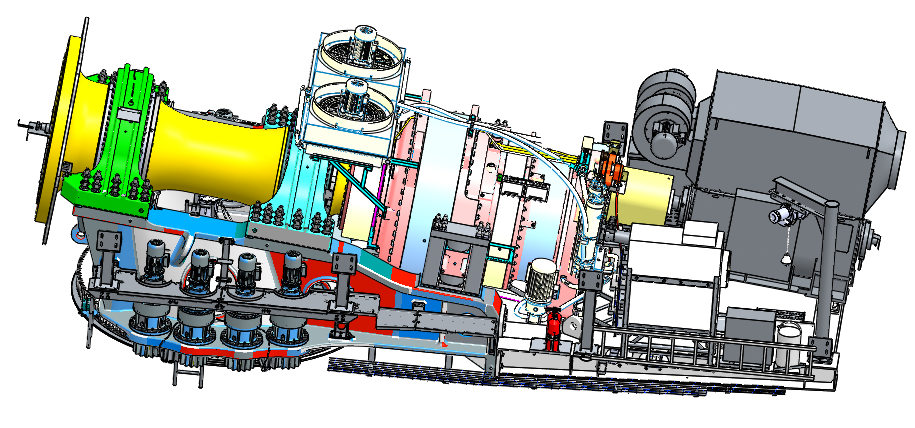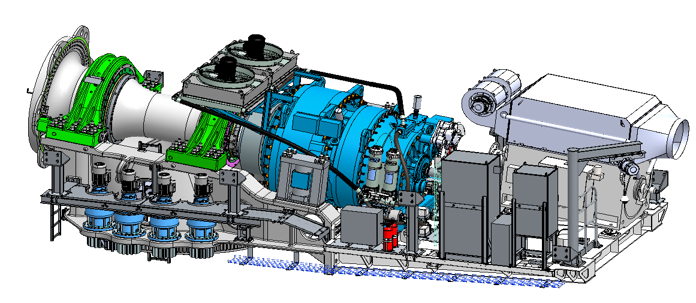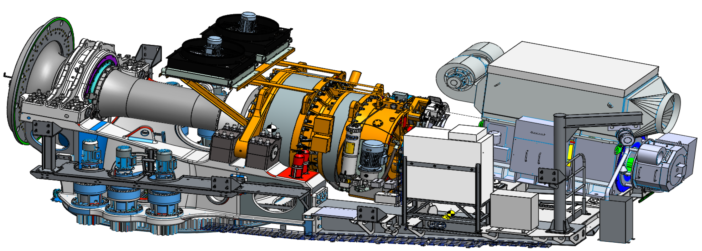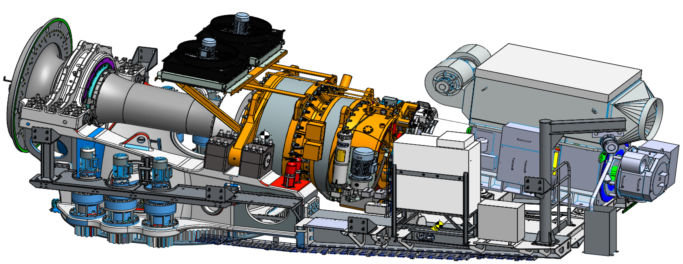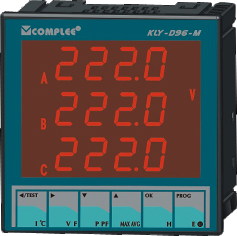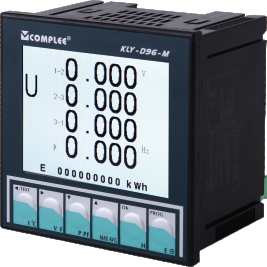Wedoany.com Report-Nov 15, Abu Dhabi Future Energy Company PJSC – Masdar, the UAE’s clean energy powerhouse, and its partners, have reached a significant milestone in the development of their 1 GW wind farm in Kazakhstan, with the signing of the project’s investment agreement.
Signed on the sidelines of COP29 in Baku, the agreement was witnessed by Nurlan Baibazarov, Deputy Prime Minister – Minister of National Economy of the Republic of Kazakhstan, and Nurlan Zhakupov, Chairman of the Board of Samruk-Kazyna, and Mohamed Jameel Al Ramahi, CEO of Masdar. The agreement was signed by Almassadam Satkaliyev, Kazakhstan Minister of Energy, and Abdulla Zayed, Director of Business and Project Development of Masdar.
The wind farm is Masdar’s inaugural project in Kazakhstan, Central Asia's largest economy. It is located in the Jambyl region of the country and also features a 600 MWh battery energy storage system (BESS).
The 1 GW wind project is being co-developed by W Solar, Qazaq Green Power (a Samruk-Kazyna Group company), and the Kazakhstan Investment Development Fund, with Masdar as the lead developer.
It represents a significant investment in the country’s potential as a major clean energy producer and is set to be one of the largest wind farms in the Commonwealth of Independent States (CIS) region.
Construction of the wind farm is expected to commence by 1Q26. When completed, it will provide power to approximately 300 000 homes in the south of Kazakhstan, avoiding 2 million ttpy of CO2 emissions.
Suhail Mohamed Al Mazrouei, UAE Minister of Energy and Infrastructure, said: “Today marks an important milestone for the UAE and Kazakhstan and highlights the strength of our strategic partnership. We are proud to support Kazakhstan’s net-zero ambitions while in pursuit of implementing the key pillar of the historic UAE Consensus of tripling global renewable energy by 2030.”
Almassadam Satkaliyev, Minister of Energy of the Republic of Kazakhstan, added: “Providing 1 GW of clean, emissions-free energy, the wind farm in the Jambyl region demonstrates the scale of Kazakhstan's renewable energy ambitions. We are committed to achieving our net zero by 2060 target and pleased to be collaborating with the UAE and Masdar to accelerate the energy transition in Kazakhstan.”
Dr Sultan Ahmed Al Jaber, Minister of Industry and Advanced Technology, Chairman of Masdar, commented: “The UAE and Kazakhstan have together cemented a strong partnership in clean energy development, and this latest agreement deepens our shared commitment to unlocking new renewable energy capacity. Masdar’s 1 GW wind farm in Jambyl, set to be one of the largest in Central Asia, turns that commitment into more tangible progress in support of Kazakhstan’s net-zero ambitions. Moving forward, we will scale up with purpose – accelerating growth and harnessing AI to transform energy systems, to deliver more clean power with fewer emissions. This builds on the global mandate agreed in the UAE Consensus to triple renewable capacity and double energy efficiency by 2030.”
Mohamed Jameel Al Ramahi, CEO of Masdar, concluded: “As we advance to the next phase of our inaugural project in Kazakhstan, we’re looking forward to contributing to the nation’s significant renewable energy goals. With Masdar’s proven success in implementing large scale renewable energy projects worldwide, we are confident that this 1 GW wind farm will have demonstratively positive impact in its surrounding region. In our ongoing collaboration with the Government of Kazakhstan, as well as our valued partners at W Solar, Qazaq Green Power, and the Kazakhstan Investment Development Fund we’re excited to see the continued growth of this project and the benefits it will bring to the region.”
Aligned with the UAE’s support for Kazakhstan’s ambitious climate action plans, the announcement builds on a commitment the two governments made at COP28 to co-operatively develop Kazakhstan’s renewables sector.
The wind farm in the Jambyl region will help accelerate Kazakhstan’s energy transition, supporting the country’s ambitions to increase renewables capacity to 15% of its energy supply by 2030 (and to 50% by 2050) and achieve carbon neutrality by 2060.


